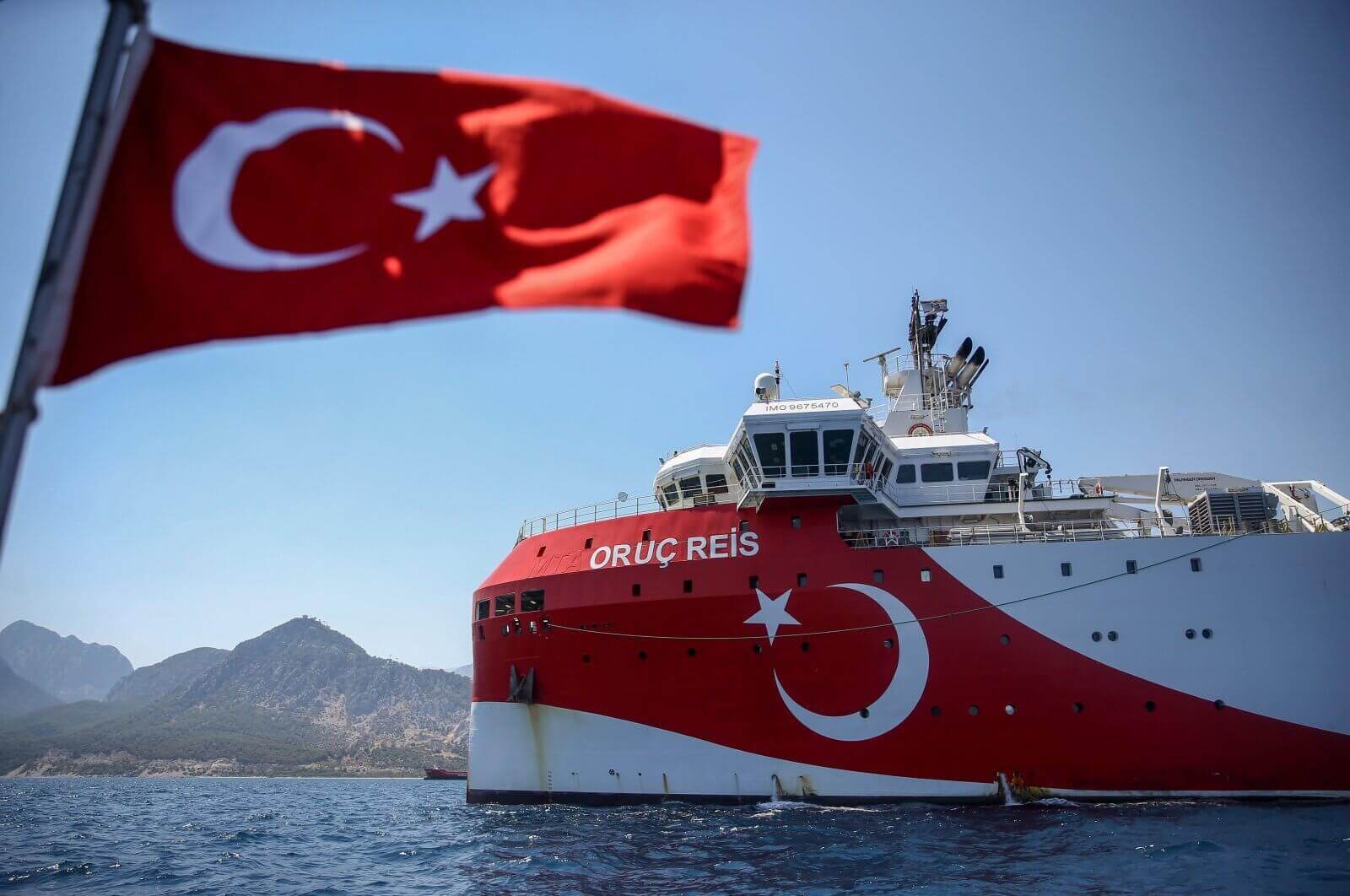On Friday, the Turkish foreign ministry rejected and slammed the European Union (EU)’s warning of sanctions on the country over its drilling and energy exploration research activities in contentious waters in the Eastern Mediterranean, which are also claimed by Greece and Cyprus. While Cyprus had earlier insisted that the EU impose sanctions on Ankara, it was also satisfied by a compromise wherein it agreed to review the matter again in December, after which sanctions would be imposed if “provocations” continue.
In its statement, the Turkish foreign ministry said, “The continued use of the language of sanctions is unconstructive... The EU must now understand it will get nowhere with such discourse.” Tensions in the waters escalated in August as Greece and Turkey prepared rival naval exercises in the disputed region. Developments since then have prompted international calls for restraint and dialogue, with NATO chief Jens Stoltenberg urging the nations to resolve the issue “in a spirit of allied solidarity and in accordance with international law.”
Simultaneously, the Arab League has raised concerns over Turkey’s role in escalating regional tensions in the Middle East and South Caucasus. The body’s Secretary-General, Ahmed Aboul Gheit, said that Ankara’s continued foreign interventions will not “end well for it or its leadership.” Pointing to Turkish President Recep Tayyip Erdogan’s military interference in Iraq, Syria, Libya, Egypt, and most recently in the ongoing border skirmish between Azerbaijan and Armenia, Gheit added that it is “very sad” that Ankara is sending mercenaries to fight foreign wars. “Even Italy, which was understanding of many of the Turkish positions, went to France. Everyone is telling Erdogan now that he will face consequences for his actions,” he said.
On Friday, French President Emmanuel Macron urged NATO member states to press Turkey to explain why it has crossed a “red line” by sending Syrian mercenaries to fight alongside Azeri soldiers in Nagorno-Karabakh. He cited intelligence reports that said that 300 such fighters had been picked out from “jihadist groups” in Aleppo. Further, Macron noted that he had spoken with Russian leader Vladimir Putin to clarify that both their countries had the same concerns regarding Ankara’s quest for military dominance in the region.
Saudi Arabia’s Chambers of Commerce has also called for an Arab boycott of Turkish products as Ankara’s animosity with Riyadh grows and continues to hinder trade between the two Middle Eastern powers. Saudi businessman Ajlan al-Ajlan said that all Saudis must take the responsibility of boycotting Turkish investments, imports, and tourism in response to the country’s hostility against the Kingdom’s leadership and citizens. Ties between Ankara and Riyadh have been strained over regional foreign policy and attitudes towards Islamist political groups. The 2018 murder of Saudi journalist Jamal Khashoggi in the Kingdom’s consulate in Istanbul sharply escalated these tensions.
EU, Arab League, and Several Countries Condemn Turkey’s Actions
Ankara’s energy exploration drills in disputed Eastern Mediterranean waters and its military support to Azerbaijan in its ongoing conflict with Armenia have garnered international concern.
October 5, 2020

Turkey’s seismic exploration vessel, Oruc Reis, in the disputed Eastern Mediterranean waters in July 2020. SOURCE: ANADOLU AGENCY
